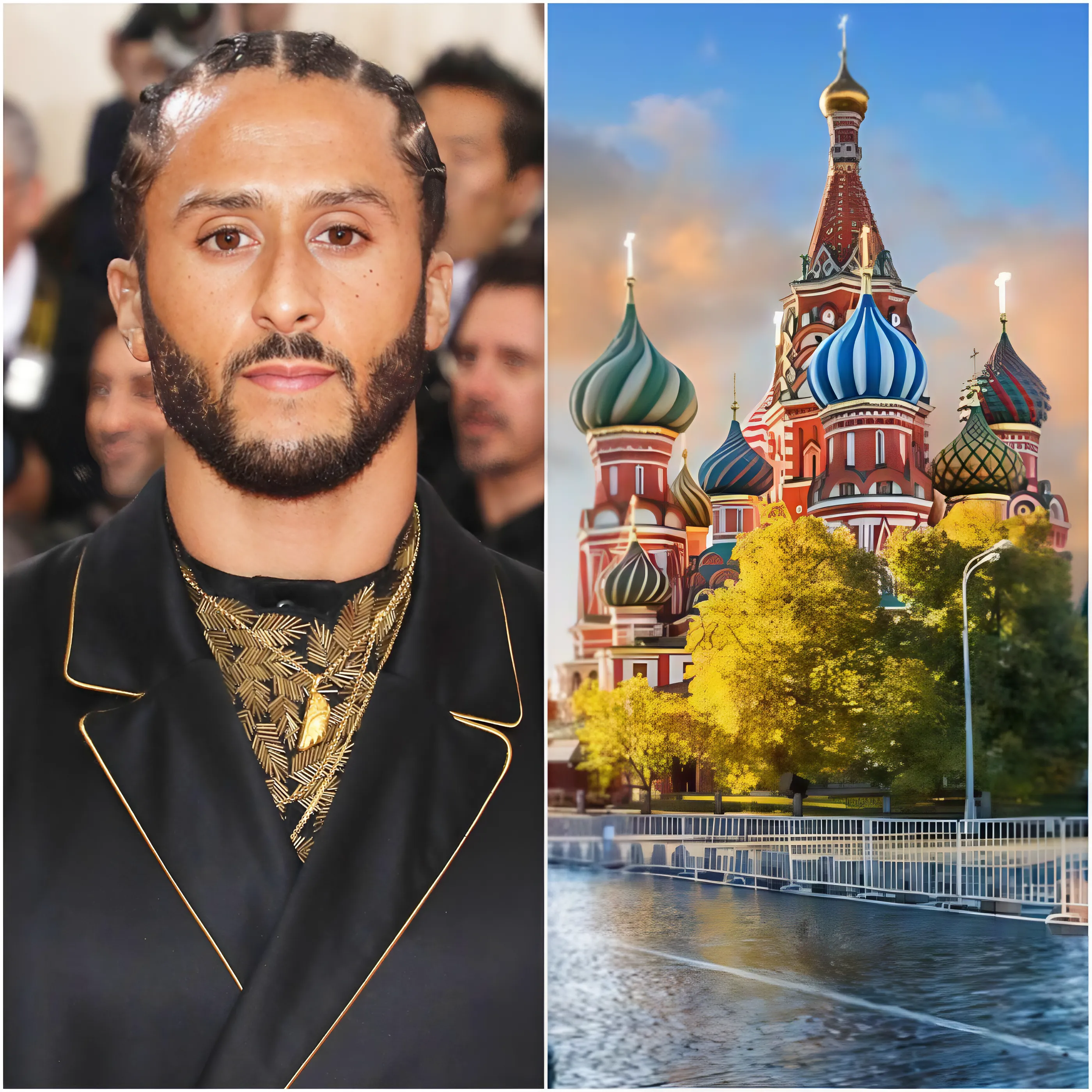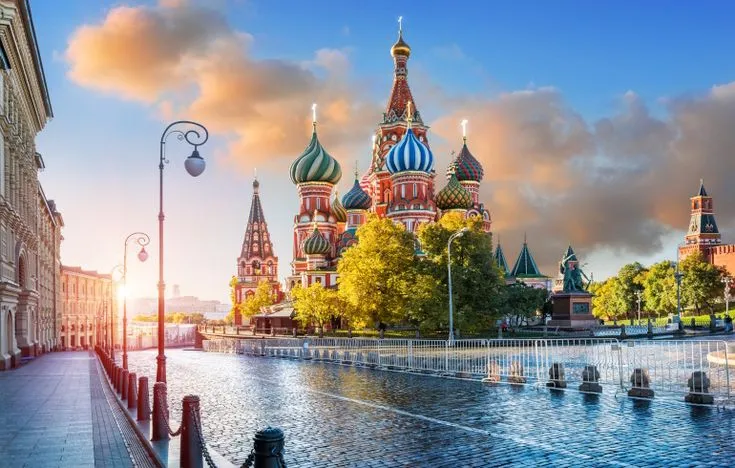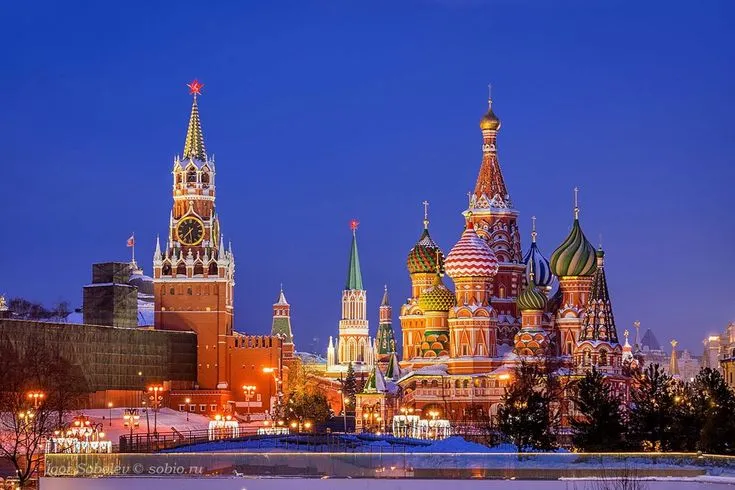In a surprising and provocative statement, former NFL quarterback Colin Kaepernick has announced that he would be willing to relocate to Russia if he does not receive the respect and recognition he feels he deserves in the United States. Known for his activism and his key role in raising awareness of racial injustice through his protests during the national anthem, Kaepernick has stirred up fresh controversy with his remarks, fueling discussions about his future in football and the broader implications of his words.

Since taking a knee to protest police brutality and racial inequality, Colin Kaepernick has become an iconic and controversial figure. His actions have inspired passionate support as well as fierce criticism. In his latest statement, he expresses his displeasure at what he sees as continued marginalization and a lack of recognition for his contributions to social justice movements.
Kaepernick says the systemic problems he is trying to expose remain largely ignored by the institutions he once represented. That frustration may explain his willingness to consider relocating to a country with a radically different cultural and political landscape.
The idea that Kaepernick could move to Russia raises complex questions about the intersection of sports, activism and international relations. Russia, often criticized for its human rights abuses, could seem out of step with the values Kaepernick espouses. His critics were quick to point out the irony of the proposal, noting that his fight against oppression and discrimination could clash with the realities of a country known for its restrictions on free speech and civil rights.
Kaepernick’s supporters interpret his words as a courageous act, a way to denounce an American system that they say continues to neglect black voices. For them, his statements reflect a sense of alienation from a society that has failed to respond to their calls for greater equality and justice.
But others see the comments as a troubling sign of desperation. Critics say the announcement could undermine his credibility as an activist, distracting from the problems he seeks to address.
Beyond the personal, this statement highlights broader questions about the role of sports institutions in promoting inclusion and social justice. Kaepernick’s case illustrates the challenges faced by athletes who choose to stand up for their beliefs in an often conservative environment.
As some NFL teams, like the Steelers, face increasing pressure to offer Kaepernick another opportunity, the situation raises fundamental questions about how sports organizations can or should respond to dissenting voices.
Colin Kaepernick’s remarks underscore the need for an urgent dialogue about the recognition, respect, and accountability of institutions toward individuals engaged in struggles for social justice. Whether one supports his positions or not, it is undeniable that Kaepernick remains an influential figure, willing to challenge the status quo and question established norms.
As this controversy continues to unfold, its repercussions will be felt far beyond the world of sport, fueling discussions about the balance between personal beliefs and professional life in a deeply divided society.
Colin Kaepernick, through his bold and often polarizing statements, remains a major voice in the sports and social landscape. His potential move to Russia, while highly unlikely to some, symbolizes a breaking point in his relationship with the United States. Whether the move is seen as an act of defiance or a cry of despair, it reflects an ongoing struggle for universal recognition and respect in a changing world.
Leave a Reply